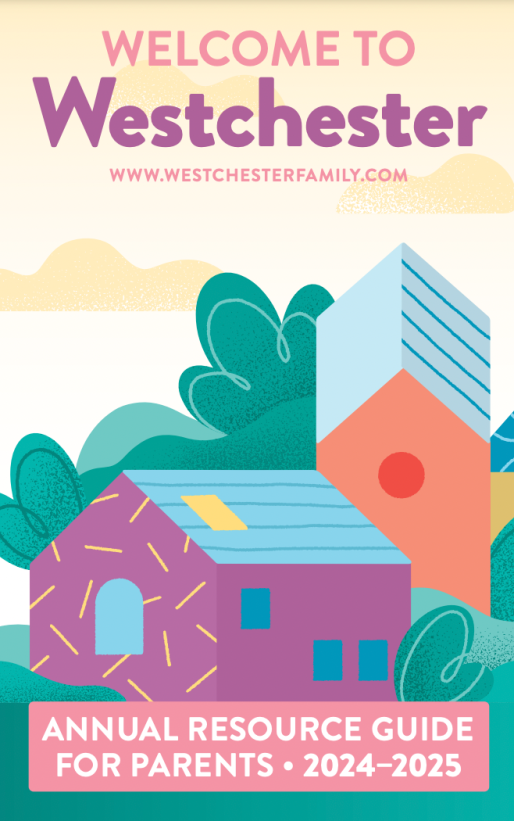During many years of practicing pediatric medicine and counseling families, I have seen just how complicated parent-grandparent relationships can be – especially when the child has special needs. Parents want to maintain their independence at the same time that they are looking for the help and approval of their own parents. Some secretly worry that a grandparent might be disappointed that their child is different from other children. And sadly, they might even fear that a grandparent might erroneously believe that their child’s difficulties were caused by their parenting style or pregnancy. If this was not complicated enough, some parents must also navigate through complex family relationships and personalities when there are multiple sets of grandparents, because of divorce, loss of a spouse or remarriage.
Grandparent Views
Most grandparents have difficulty being objective about their own grandchildren, but it becomes even harder when they don’t have an accurate understanding of the child’s medical, developmental and psychological issues. They must make decisions about how or whether to get involved with regard to time, money and advice. And they may feel overextended physically and financially as they advance into older age. Unfortunately, some might also misinterpret a grandchild’s inability to socialize easily as a sign that the child doesn’t like them. The good news is that most of these problems sort themselves out over time. Those grandparents who can help out usually do; those who can’t or choose not to usually don’t. And the child’s parents learn by trial and error when to call upon them individually. Grandparents should remember that the child’s parents have a right to privacy, and they should not be insulted when they are not asked to participate. Over time, each individual grandparent will be brought into the child’s upbringing differently depending on the circumstances.
Parents Need Support
When grandparents disagree with parenting strategies and discipline, they will be misled if they forget that their own experiences raising children did not include many of the problems that this grandchild faces, and that they are only viewing a snapshot of the parent-child interaction each time they visit. So, whenever possible, grandparents should try to reserve judgment and offer critical opinions only when they are asked for – and then only in the most respectful way. It is equally important that they compliment the parents’ hard work for the successes and forward strides that they see their grandchild making. With a little effort and understanding, many parent-grandparent miscues can be avoided.
Communicate
Parents must recognize that grandparents worry about and love their special grandchild just as they do, and that there are many potential advantages to including them when it is practical and personalities are compatible. A large stumbling block to developing sound relationships occurs when grandparents receive incomplete information about the child’s special needs or developmental differences – often because parents are trying to protect them from unpleasant news. Although this is well intentioned, this can lead to serious misunderstandings that can sometimes spiral out of control. Other problems occur when parents overestimate a grandparent’s ability to cope with the child’s issues and then become disappointed when their expectations are not met.
Miscommunication about the exact nature of the child’s special needs is a common problem. Therapists and physicians who care for children with special needs cannot and should not release clinical information about them without a parents’ consent. When parents wish to keep this information confidential, their decision should be respected.
But, if parents do feel comfortable releasing the information, they should consider allowing grandparents to speak directly with the child’s doctors, therapists and teachers. When meetings are arranged with the parents present, grandparents can get unfiltered information and parents will know exactly what is said. Questions can then be asked about problems that have been causing great anxiety. And as a bonus, grandparents will sometimes raise issues that parents and therapists had not considered previously. There is very little risk to having these conferences. If the meeting does not go well, it does not have to be repeated. But more often than not, everyone involved will be pleasantly surprised by the results. Good communication has to go both ways; grandparents need to be honest with the parents too and must be prepared to state clearly what they think their role should be, what their limitations are, and what they are prepared to offer. And, if they are asked for their opinion, they should be truthful but tactful.
A Loving Family
When a child with special needs is fortunate enough to have an extended family that includes loving parents and grandparents, each of these can offer that child their own unique type of support. And each will respond differently to the range of emotions attendant to loving a child who is facing his or her own challenges. Respecting individual perspectives and maintaining open communication can help everyone to do what is most important: stay focused on what is best for the child.
Jeffrey L. Brown, M.D. is an attending physician at Greenwich Hospital in Greenwich, Conn., a member of Pediatric Associates, pc and a clinical professor of pediatrics at New York Medical College. www.greenhosp.org. www.pediatricmds.com.







